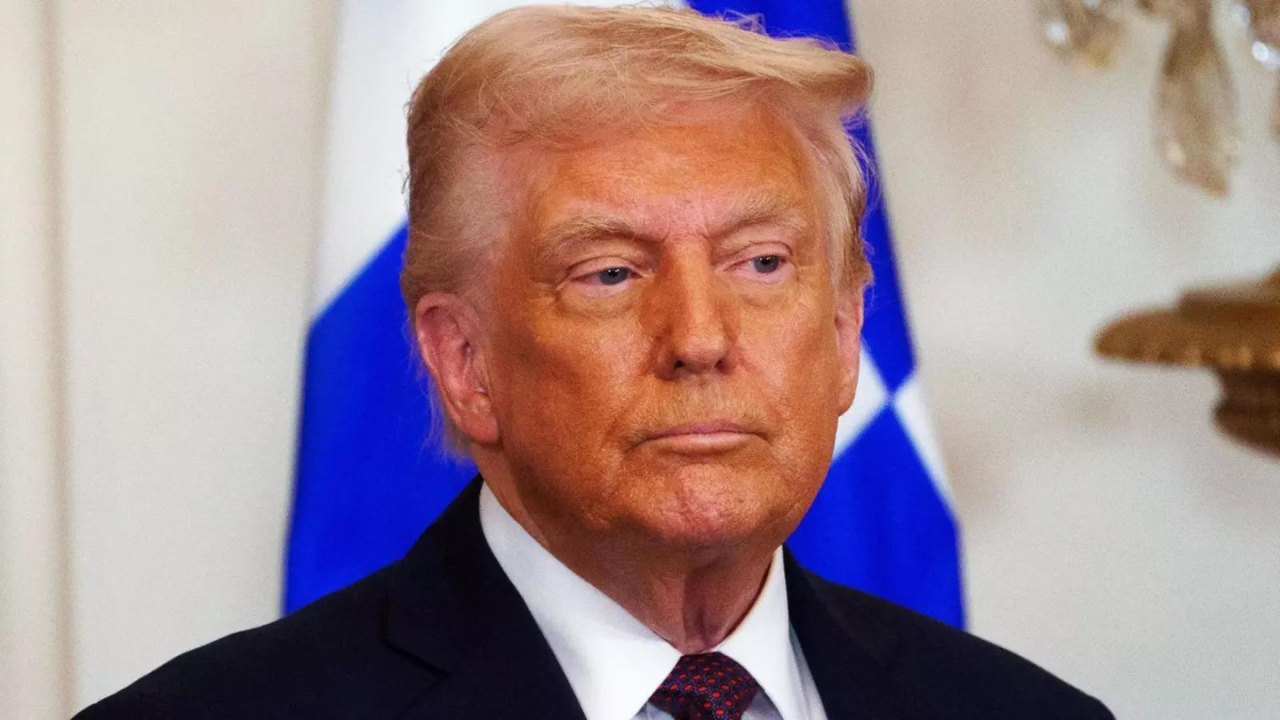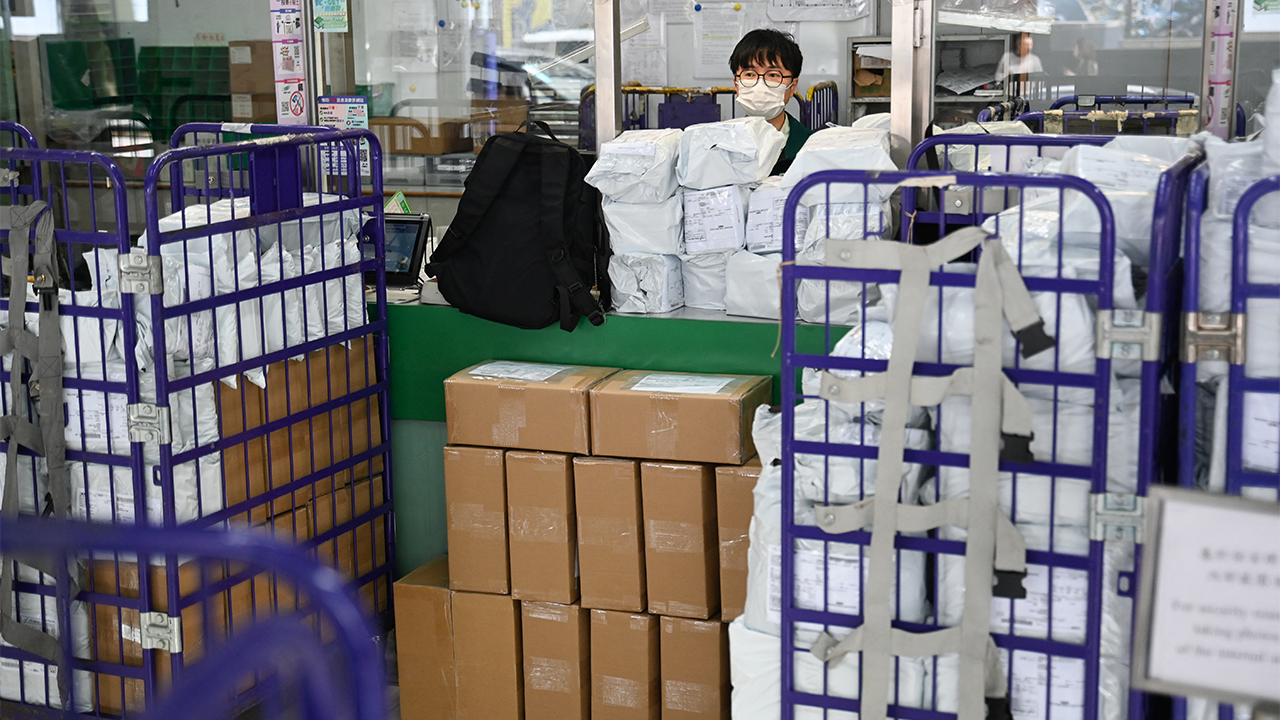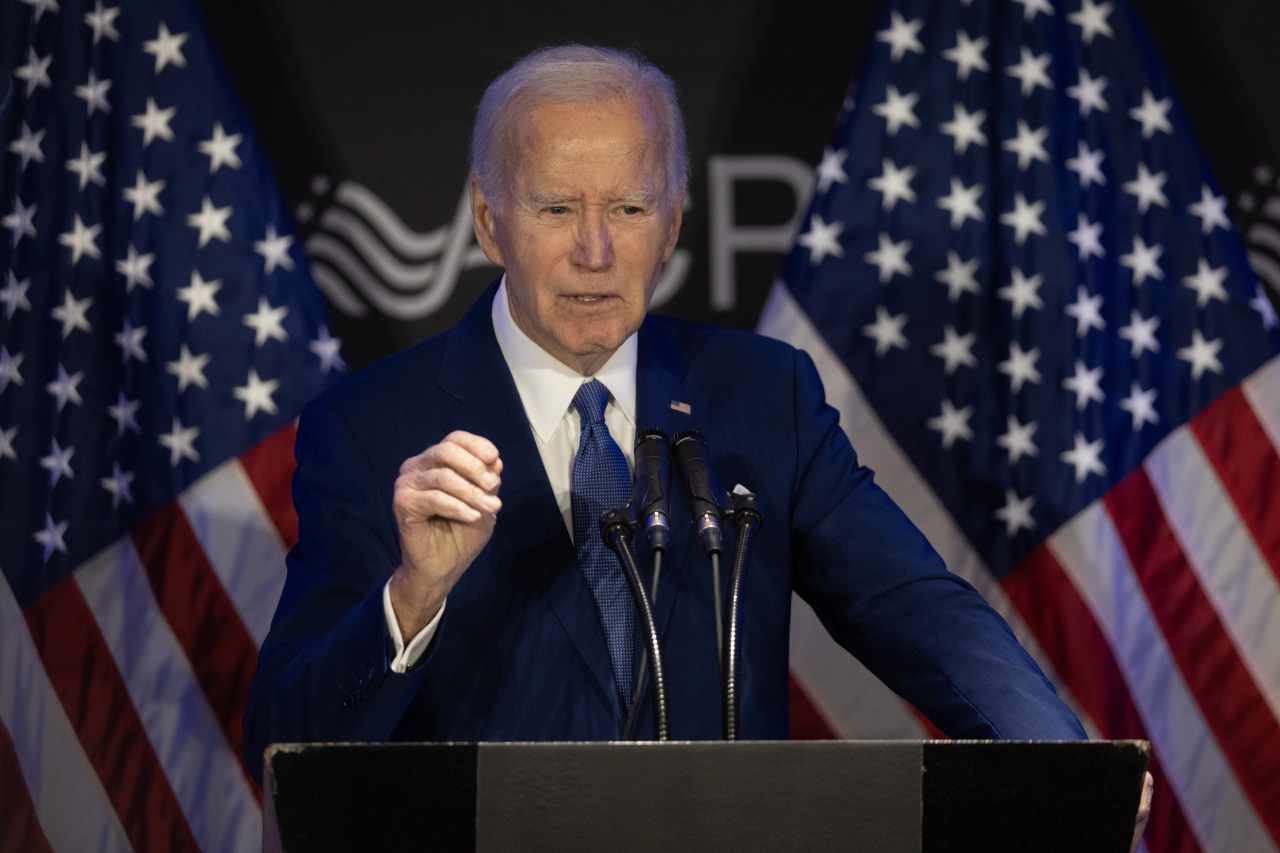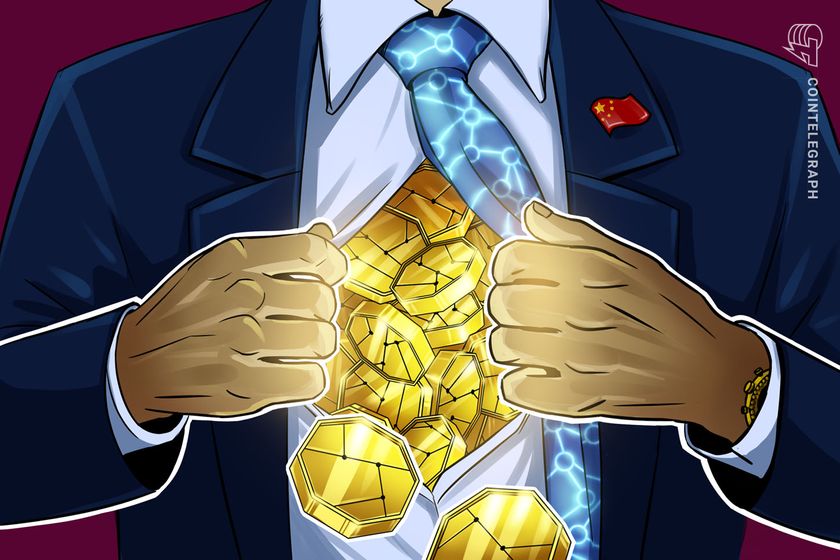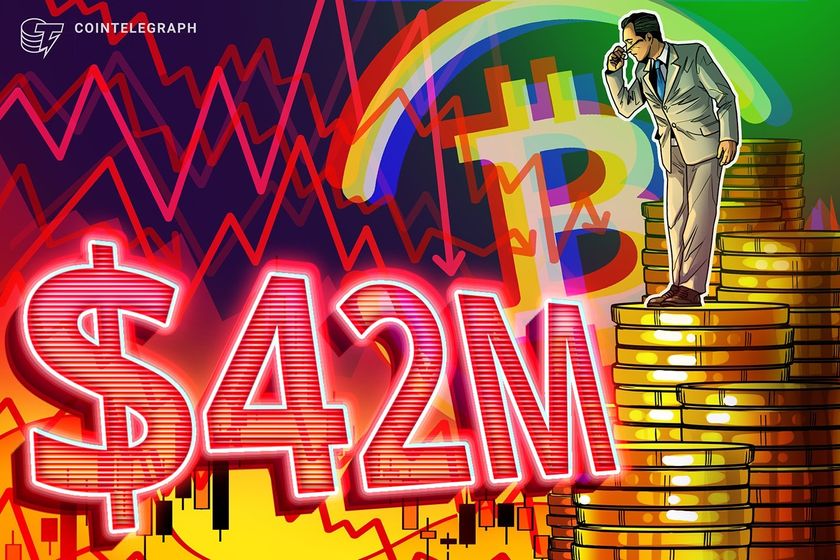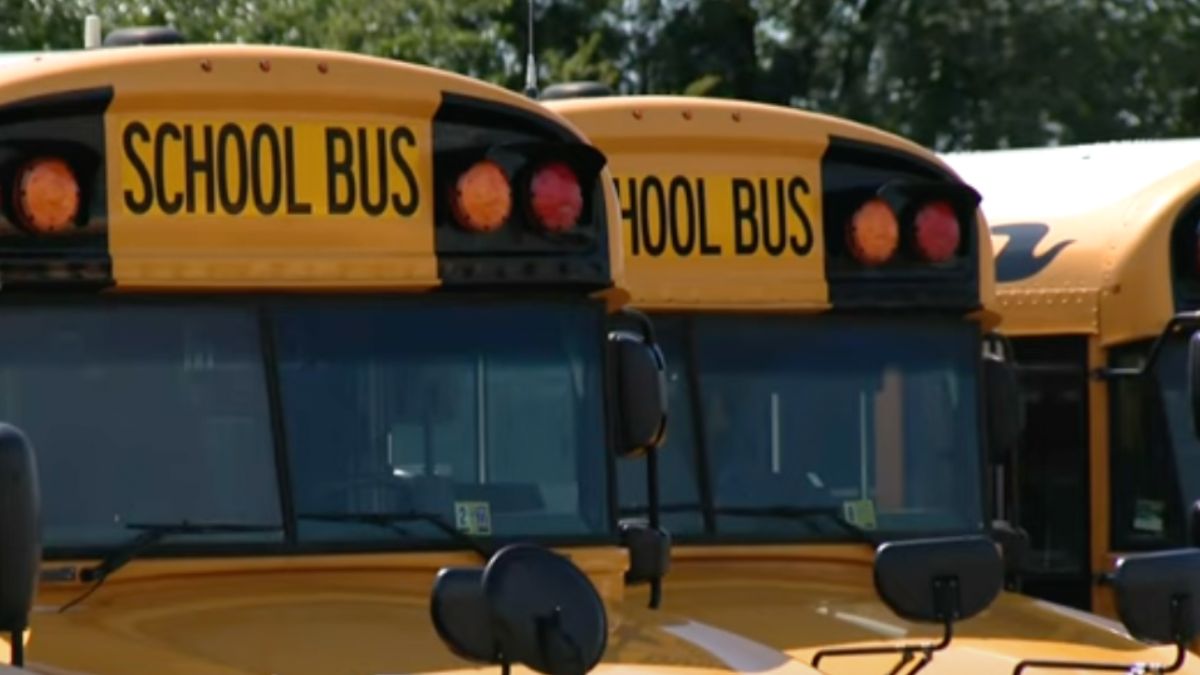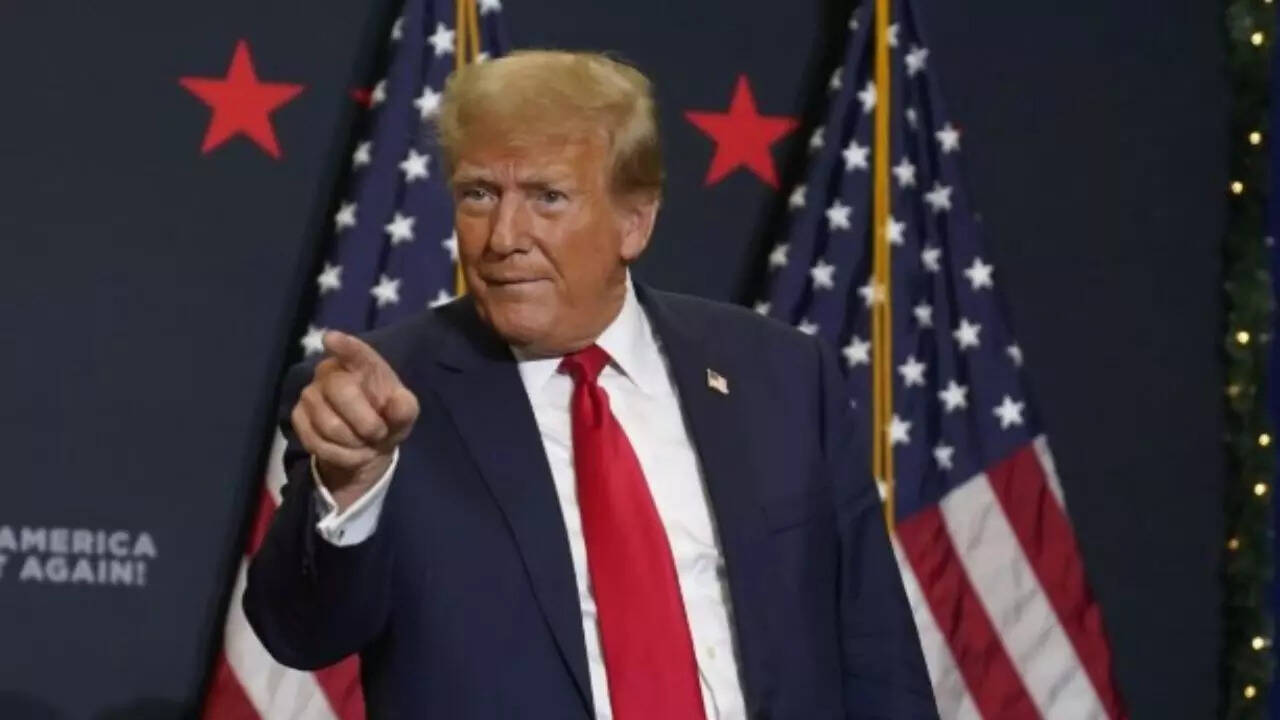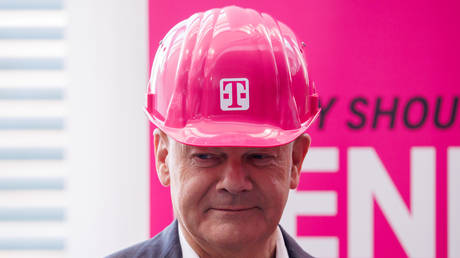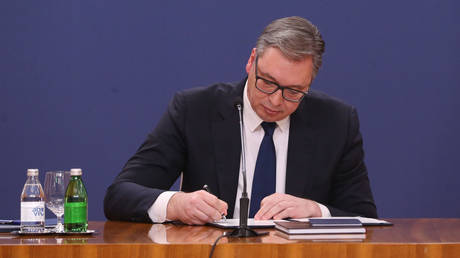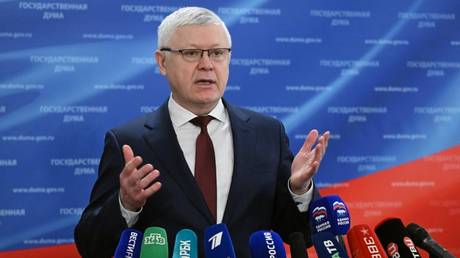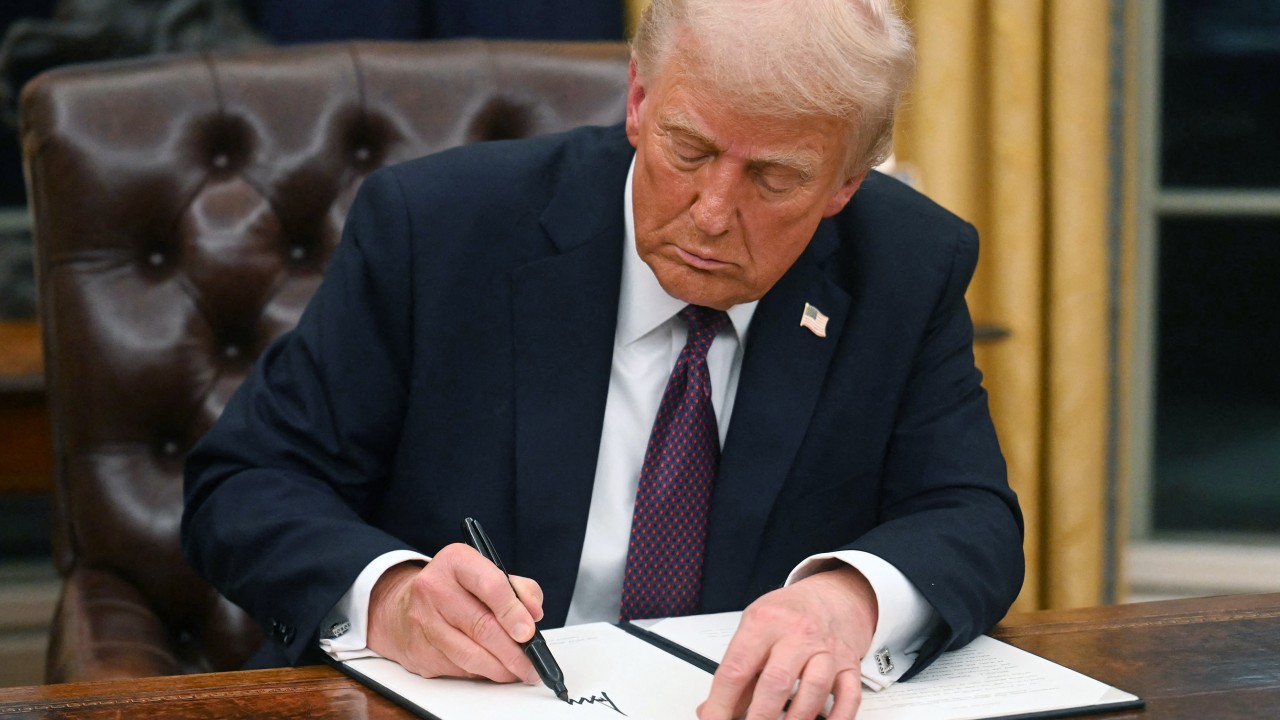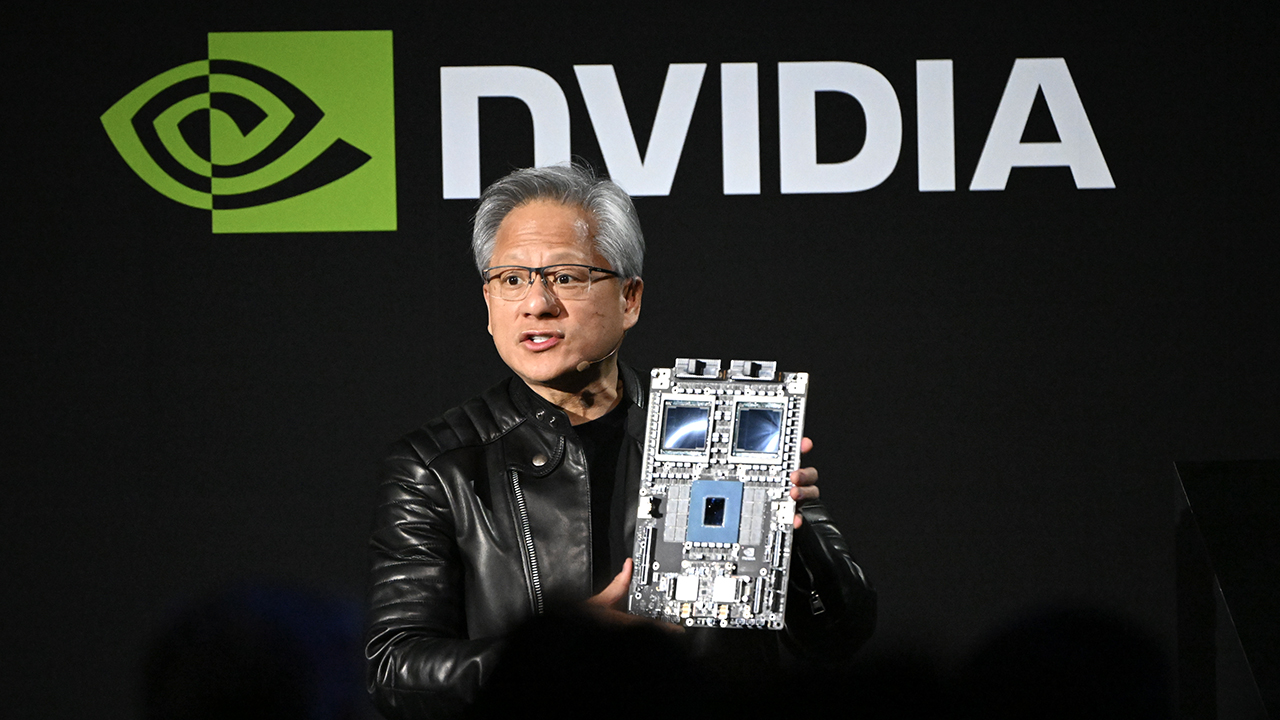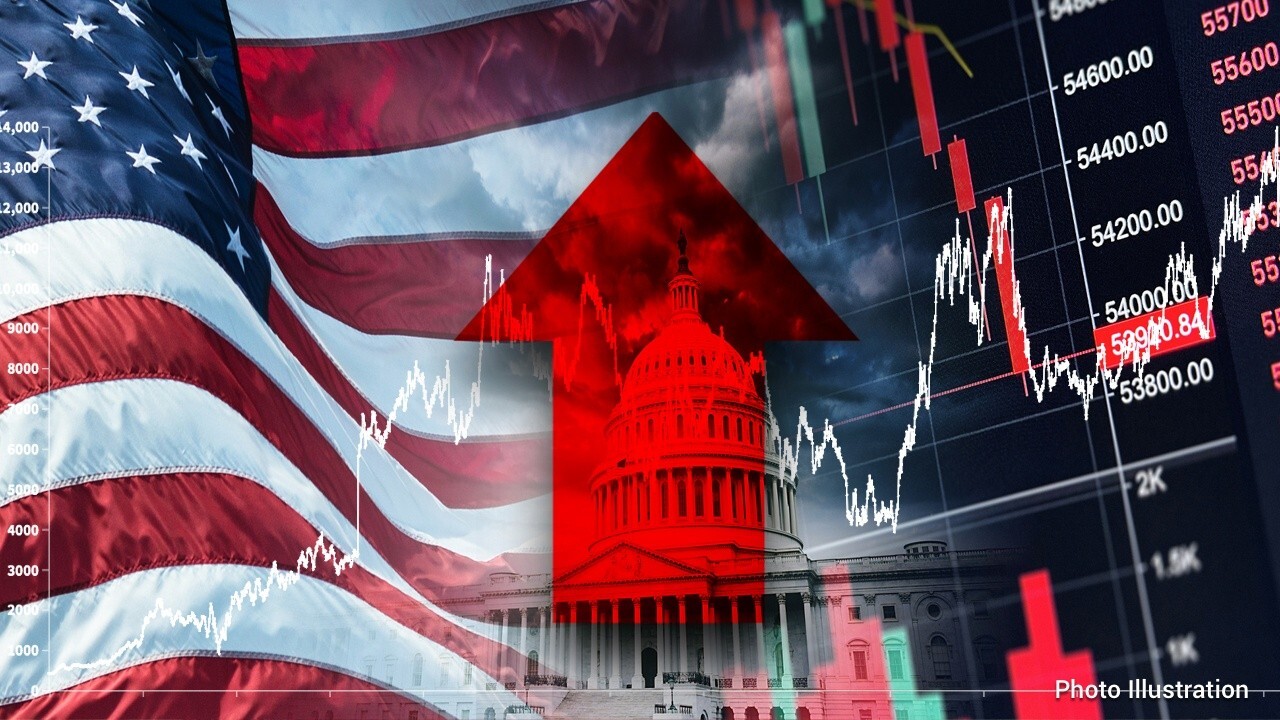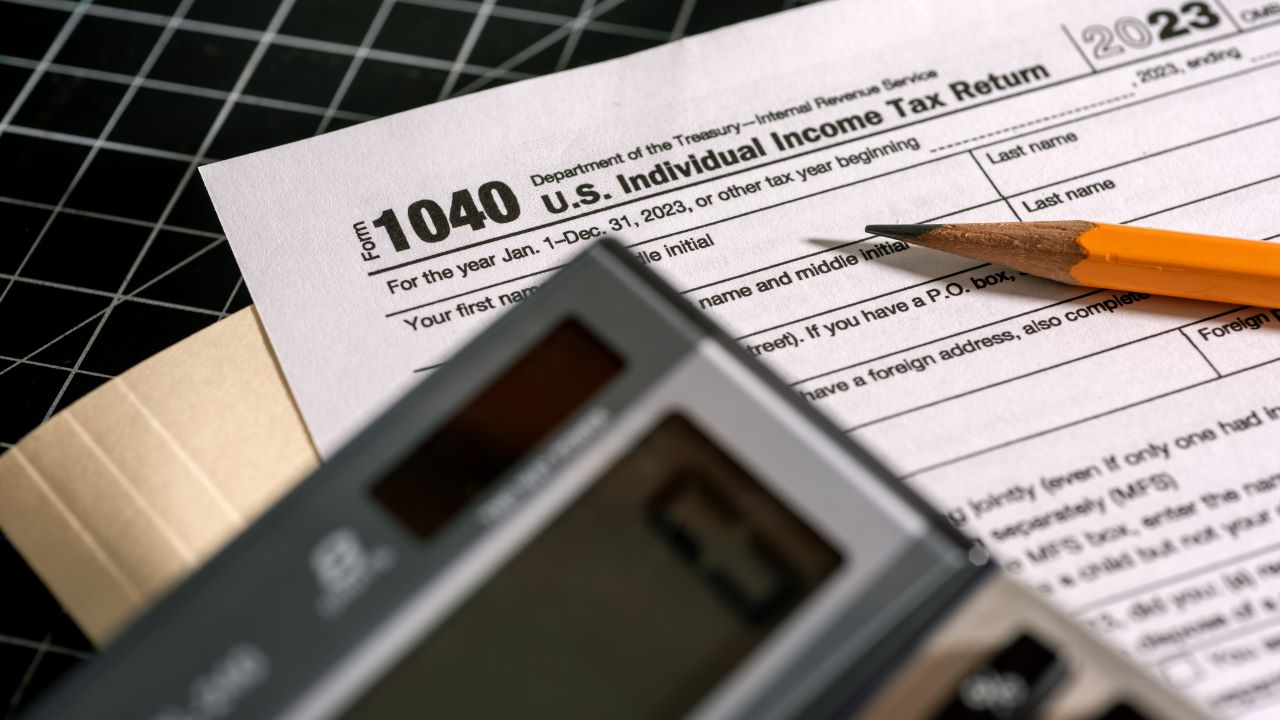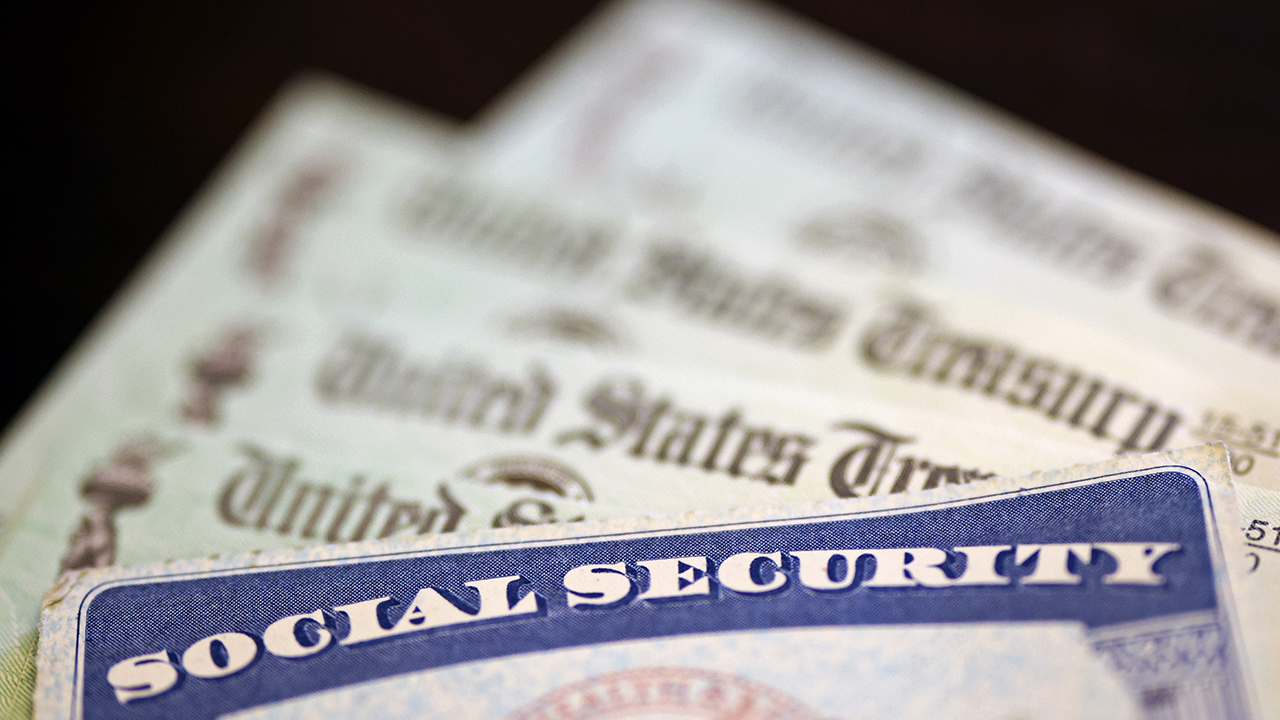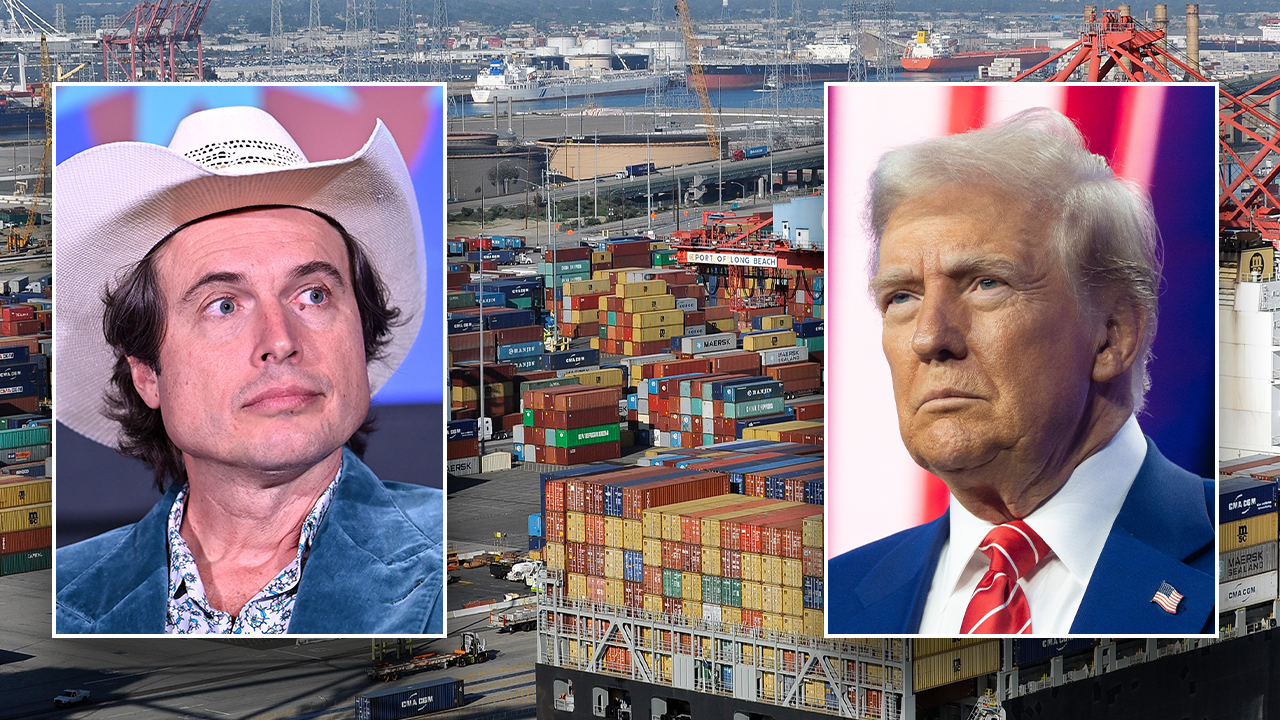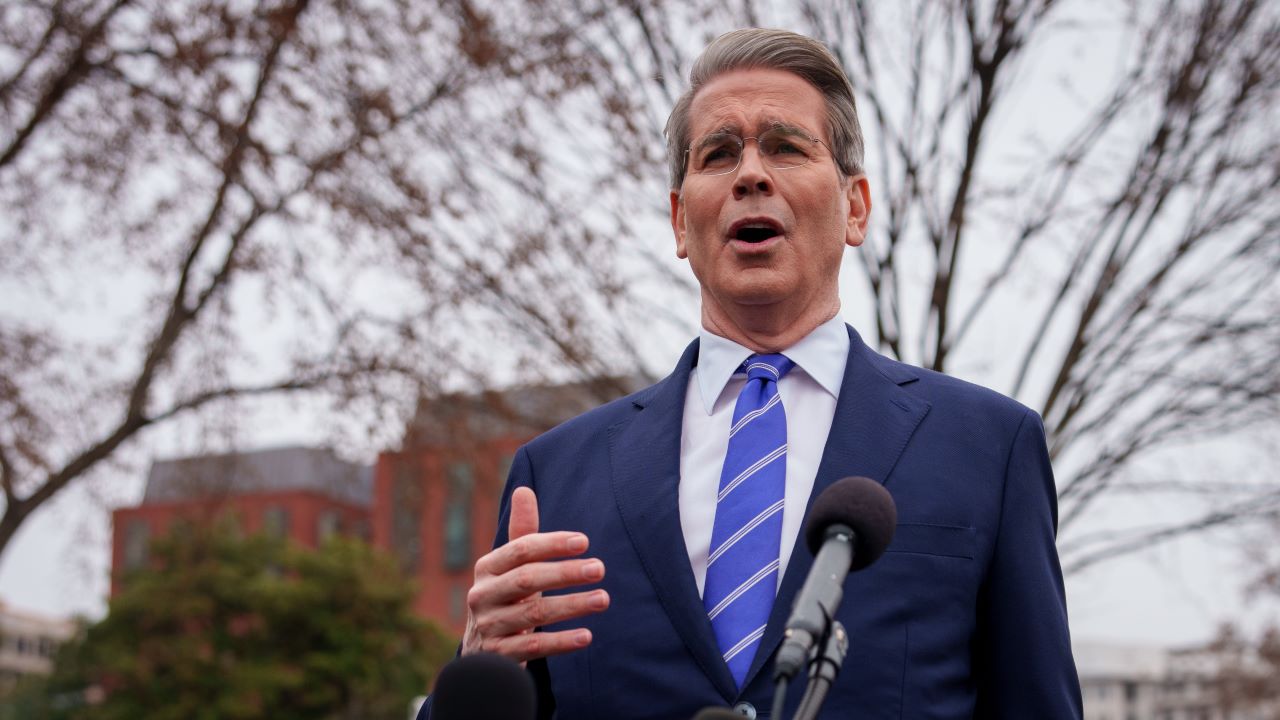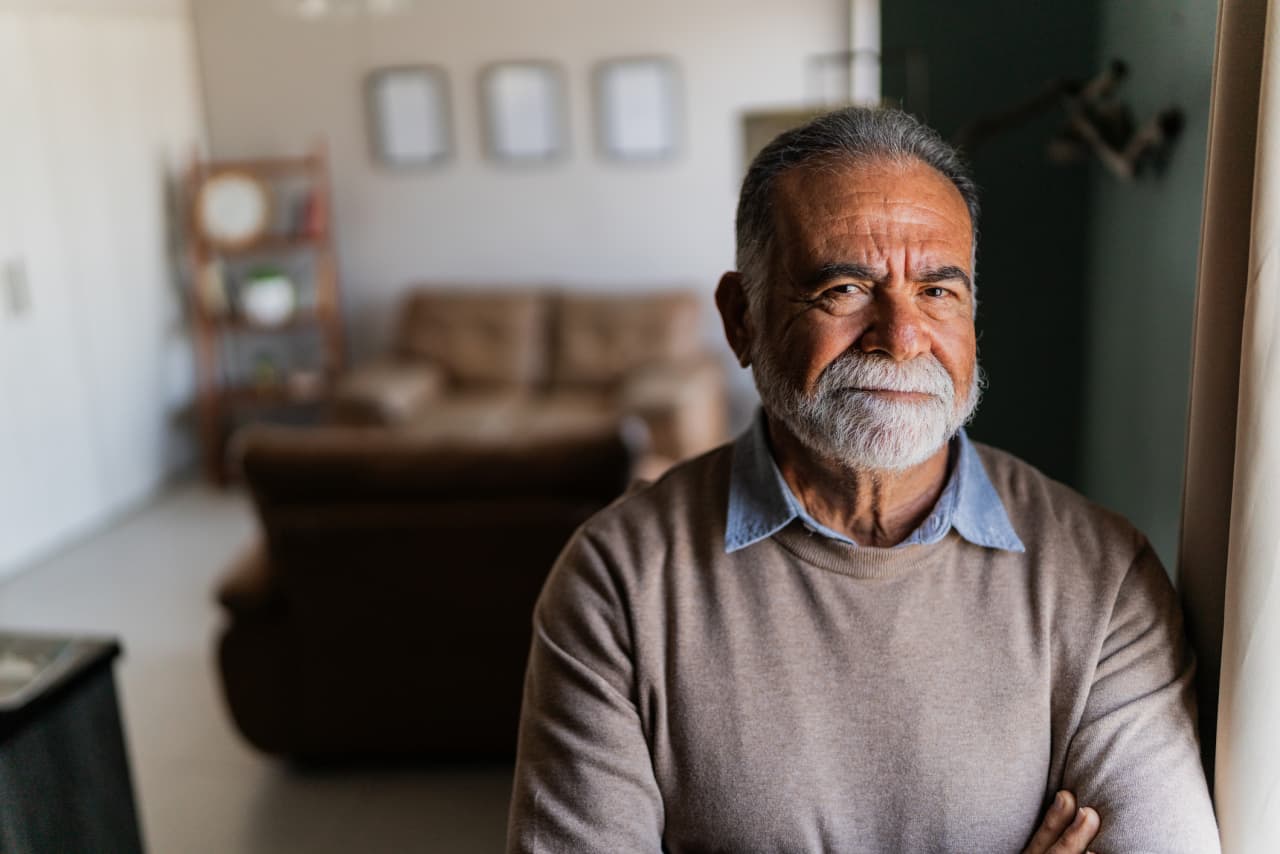Why Trump Paused the Tariffs
A stock-market swoon, or even a recession, might not frighten him, but the prospect of a 2008-style meltdown apparently still does.

Only yesterday, President Trump was mocking Republicans nervous about his global trade war as “Panicans.” In a defiant speech to the National Republican Congressional Committee, he insisted, “This time I’m doing what I want to do with respect to the tariffs,” and that only he had the courage to defy “the globalists.”
But the globalists turn out to have had enough power to bring Trump to heel after all. This afternoon, the president announced a 90-day pause on what he has called his “reciprocal tariffs” against every country other than China.
According to Charlie Gasparino of Fox News, Trump retreated in the face of troubling developments in the bond market. Asked by reporters, Trump didn't deny this, noting that, even with a “beautiful” bond market, “I saw last night where people were getting a little queasy.” This was a completely new layer of danger that appeared overnight. Before Tuesday evening, the interest rate on Treasury bonds had fallen slightly, a sign of increased demand as nervous investors retreated to the historically safe strategy of lending their savings to the U.S. government. Then, suddenly, investors began pulling money out, sensing that the U.S. government was no longer safe, a prospect that created the risk of everything from higher interest payments on the debt to a full-scale financial crisis.
All this is to suggest that if a stock market swoon, or even a recession, does not frighten Trump, the prospect of a 2008-style meltdown apparently still does. And so the gargantuan trade war is back off, for now.
Where does this leave the economy? The new 10 percent tariff on almost every good imported from every country not controlled by Vladimir Putin remains in place. This global flat tax on imports, it must be said, is much closer the policy he campaigned on in 2024 than the confusing sampler platter of tariffs unveiled on Liberation Day.
[Jonathan Chait: Trump has already botched his own bad tariff plan]
That policy is, to be clear, quite harmful. Despite Trump’s rhetoric about reindustrialization, the universal tariff applies indiscriminately to almost every country and product. Some of those products, like coffee and bananas, cannot be practically grown in the United States, and will just get more expensive. Others, like metals and other industrial inputs, will make American manufacturing less competitive, not more.
The stock market surged after Trump’s “pause” announcement, but once the relief wears off, reality is likely to dull investors’ enthusiasm. Goldman Sachs, absorbing the news, has returned to its previous economic forecast, which calls for meager 0.5 percent economic growth this year and a 45 percent chance of recession. That is not the blinking-light disaster that the economy was facing before the pause, but it is still terrible, and much worse than the situation Trump inherited when he took office.
That’s one view, anyway. Within the MAGAverse, Trump’s latest pivot has been hailed as a masterstroke of economic statecraft. “Scott Bessent and I sat with the President while he wrote one of the most extraordinary Truth posts of his Presidency,” gushed Commerce Secretary Howard Lutnick on X. (This is plausible, to be fair; “one of the most extraordinary Truth posts of his Presidency” is not exactly the highest bar.) The financier Bill Ackman, who had spent much of the past few days posting (and occasionally deleting) careful critiques of Trump’s tariffs, posted, “This was brilliantly executed by @realDonaldTrump. Textbook, Art of the Deal.”
What deal? Nobody has made a new trade agreement with Trump. To the contrary, other countries have found the administration unable to even articulate its goals or objectives, since Trump’s “reciprocal” tariffs are the product of a nonsensical formula putatively serving a grab-bag of mutually exclusive goals.
[Rogé Karma: Trump’s tariffs are designed to backfire]
To the extent that the reciprocal tariffs created any leverage, it rests on the side of Trump’s counterparties, who now know that he may be a madman, but is not mad enough to risk a full-blown global economic meltdown. The gun on the table is pointed at Trump’s own foot.
Trump could very well restore the gigantic tariffs, especially if he feels humiliated by today’s events. The likelier outcome is that he will muddle through with policies that push prices up and growth down, but don’t directly precipitate an economic collapse. Trump’s allies will tolerate an enormous amount of damage to the country, especially damage that takes place over an extended period of time or primarily hurts people who aren’t rich. Immediate, massive harm to his wealthiest supporters appears to be one of the few red lines that Trump still won’t cross.
What's Your Reaction?
















